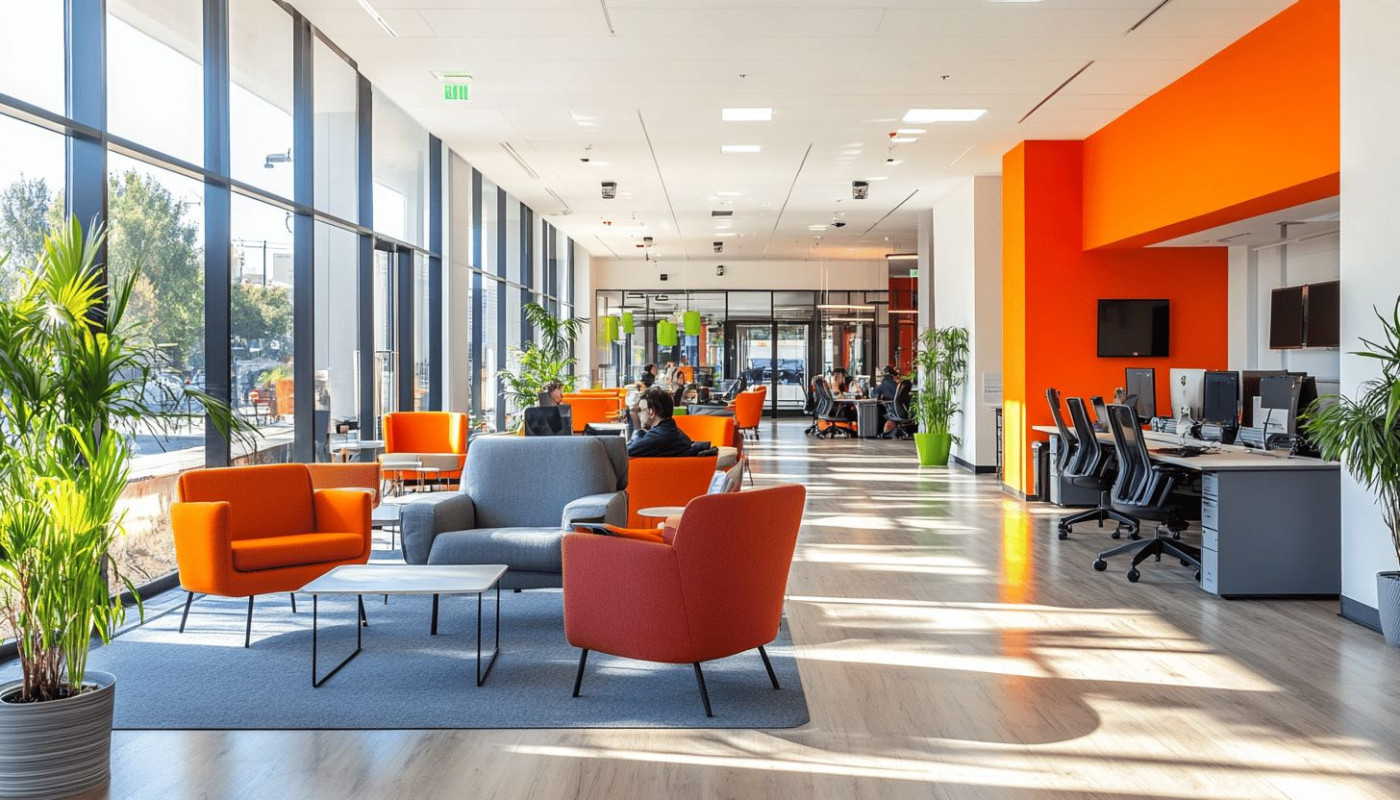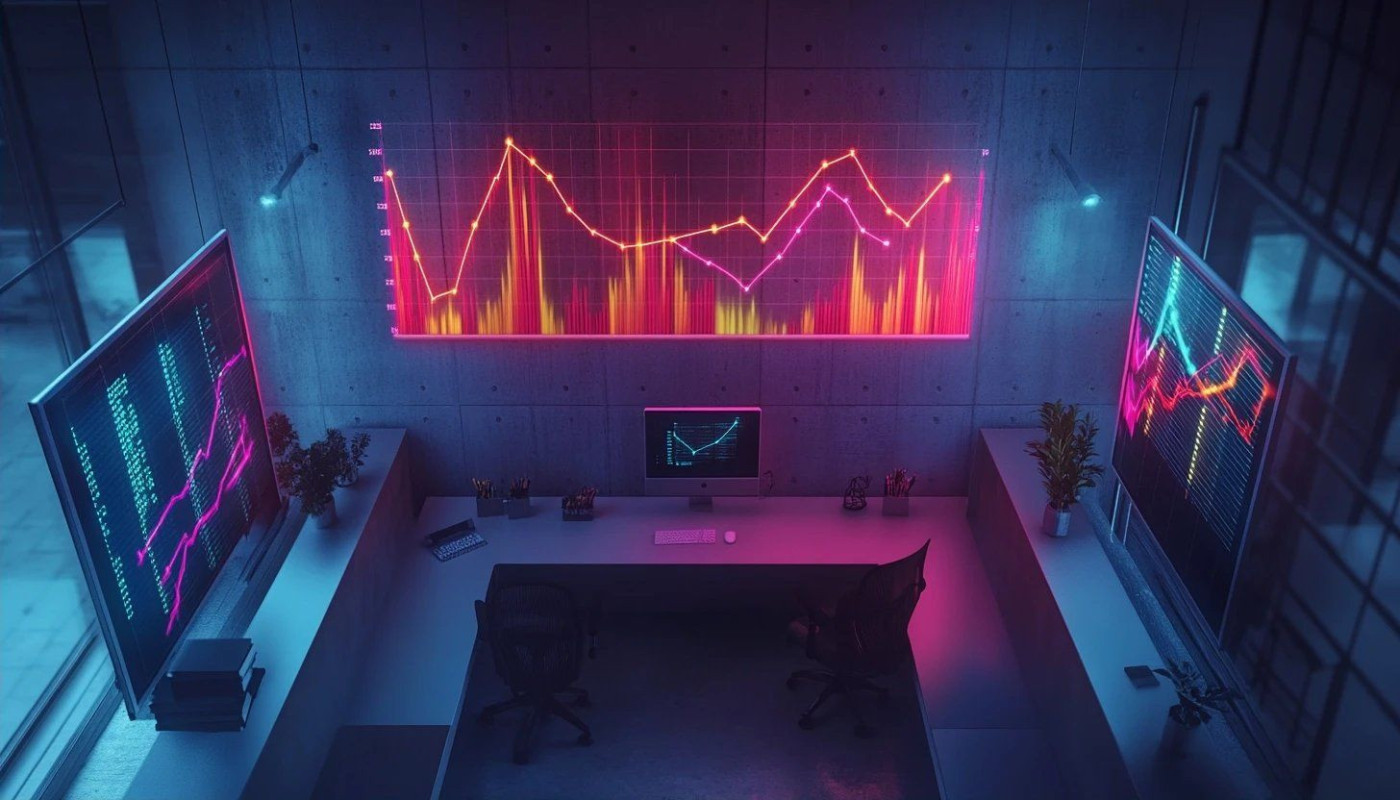Table of contents
In the modern business world, sustainability is not just an add-on but a necessity. This is especially true in the B2B economic scenario where green practices are significantly impacting the industry, creating a wave of change that is reshaping the business landscape. This is becoming an essential part of corporate strategies and is influencing business relationships, competitive advantage, and revenue streams. Businesses are realizing that implementing green practices can lead to effective cost management, improved efficiency, and enhanced brand reputation. This blog post will delve into the impact of green practices on the B2B economic scenario, exploring how sustainability is changing the way businesses operate.
The Role of Green Practices in B2B Business Strategy
Green practices, or sustainable business models, are rapidly becoming a vital part of B2B businesses. These practices are not just an ethical stance but are increasingly recognized as a fundamental business strategy. Businesses are beginning to understand that sustainability plays a pivotal role in shaping business models, boosting their reputation in the market, and assisting them in staying ahead of their competition.
Adopting green practices can significantly influence customer relationships. It not only helps in building a positive brand image but also attracts customers who are becoming increasingly conscious about the environment and the impact of their purchasing decisions. Hence, businesses that are aligned with their customers' values are more likely to build stronger, more resilient relationships.
In this competitive business scenario, green practices can provide companies with a distinctive edge. A sustainable business model allows a company to differentiate itself from its competitors, leading to a competitive advantage. In the long run, the adoption of green practices contributes to economic growth by fostering innovation and efficiency.
In conclusion, the role of green practices in B2B business strategy is not just important, but crucial. It shapes the business model, influences customer relationships, and drives competitive advantage. As businesses continue to navigate the complexities of the current economic scenario, incorporating green practices into their strategy will prove to be a key defining factor in their success.
Cost Management and Green Practices
Integration of green practices into the B2B economic landscape has revolutionized cost management strategies. The adoption of sustainability initiatives not only fosters environmental responsibility but also paves the way for significant cost savings. Resource efficiency, a technical term often used by Sustainability Analysts and Green Finance Experts, encompasses the optimal usage of resources to reduce waste and cut down expenses.
In the context of the B2B economy, businesses adopting such green practices are finding that this resource efficiency is leading to a more economical use of materials, energy, and other inputs. This, in turn, results in lower production costs and potentially higher profit margins. By reducing the need for raw materials and minimizing waste, businesses can drastically decrease their production costs, thereby enhancing their competitiveness in the marketplace.
In essence, the merging of cost management and green practices can lead towards a more sustainable and financially viable business model. Not only does this contribute towards a healthier planet, but it also builds a robust foundation for economic growth and stability in the B2B sector.
Green Practices and Brand Reputation
In the contemporary business world, green practices have emerged as a significant determinant of a company's brand reputation. By implementing sustainability initiatives, businesses can elevate their brand image and build robust customer trust. This is primarily because such practices demonstrate a commitment to corporate social responsibility, reflecting the company's concern for its impact on the environment.
Firms that prioritize green practices are often viewed favourably by consumers and stakeholders alike, thereby enhancing their brand reputation. A heightened brand image, in turn, not only attracts a loyal customer base but also promotes customer trust. This is considerably significant in the B2B economic scenario where reputation and trust can directly influence partnerships and contractual agreements.
Therefore, the role of a Branding Specialist or Corporate Communications Expert becomes instrumental in this context. They are tasked with effectively communicating the company's sustainability initiatives to the public, highlighting their commitment to green practices and corporate social responsibility. In essence, green practices serve as a vital tool for brand building and reputation management in today's business landscape.
Green Practices Enhancing Revenue Streams
Integrating green practices into business models not only contributes to environmental sustainability, but it also opens up fresh revenue streams. Sustainable strategies can lead to business innovation, resulting in the creation of new products or services that align with the current shift towards a greener economy. These pioneering solutions can attract a broadened customer base, fostering numerous market opportunities. The circular economy model stands as a testament to this, promoting resource efficiency and waste reduction, thus opening a new frontier for businesses to explore and profit within.
It is important for a Business Development Specialist or Sustainability Consultant to appreciate the economic potential of green practices. Their role is pivotal in guiding businesses towards sustainable models which not only enhance their environmental reputation, but also improve their bottom-line. In essence, green practices can shape the B2B economic scenario by fostering sustainable revenue streams and market opportunities.
The Future of Green Practices in B2B Economic Scenario
In the forthcoming years, the future of green practices in the B2B economic scenario is expected to witness a significant transformation. The rise of sustainability trends and their consequent impact on business success cannot be underestimated. A shift towards sustainable business models is not just a matter of ethical responsibility, but also a strategic move for long-term profitability and success.
The role of green practices is anticipated to become increasingly central in defining the dynamics of the B2B economic scenario. From integrating renewable energy sources into operations to adopting waste management strategies, businesses are exploring an array of green practices that not only reduce their carbon footprint but also contribute to their bottom lines.
Moreover, the concept of 'sustainable development goals' has gained prominence in recent years. These goals serve as a roadmap for businesses to embed sustainability into their core operations, and play a vital role in shaping the future of green practices. They provide a framework through which businesses can align their strategies with global efforts to mitigate environmental challenges.
Given the rising importance of sustainability, the expertise of Future Trends Analysts and Environmental Economists will be pivotal. These professionals have the knowledge and skills to assess the impact of green practices on business performance and offer insights into how businesses can leverage them for success.
In conclusion, green practices hold tremendous potential in reshaping the B2B economic scenario. Their impact extends beyond environmental conservation, creating value for businesses and contributing to their overall success. Indeed, the future of business lies in sustainability.
Similar articles










